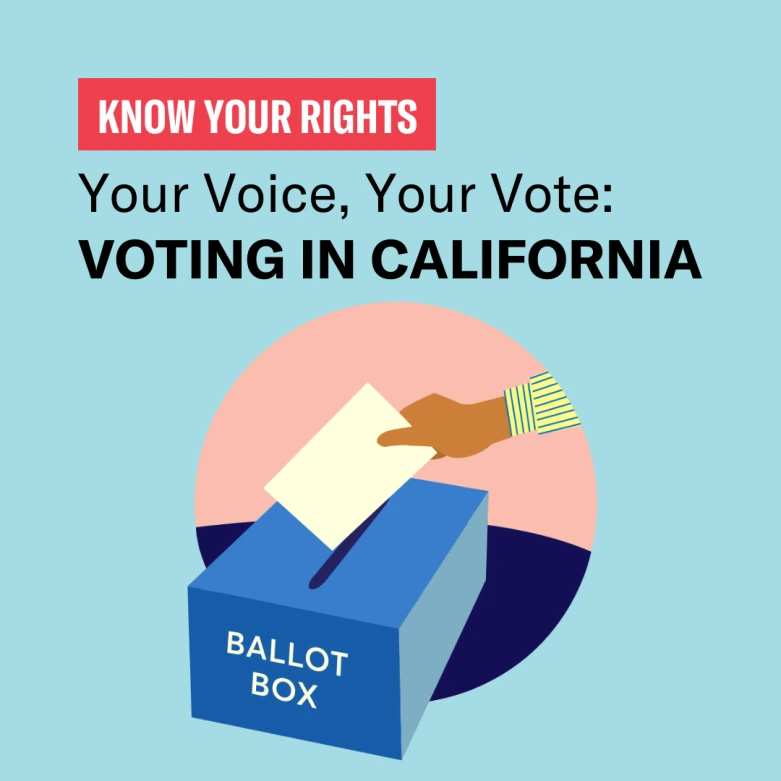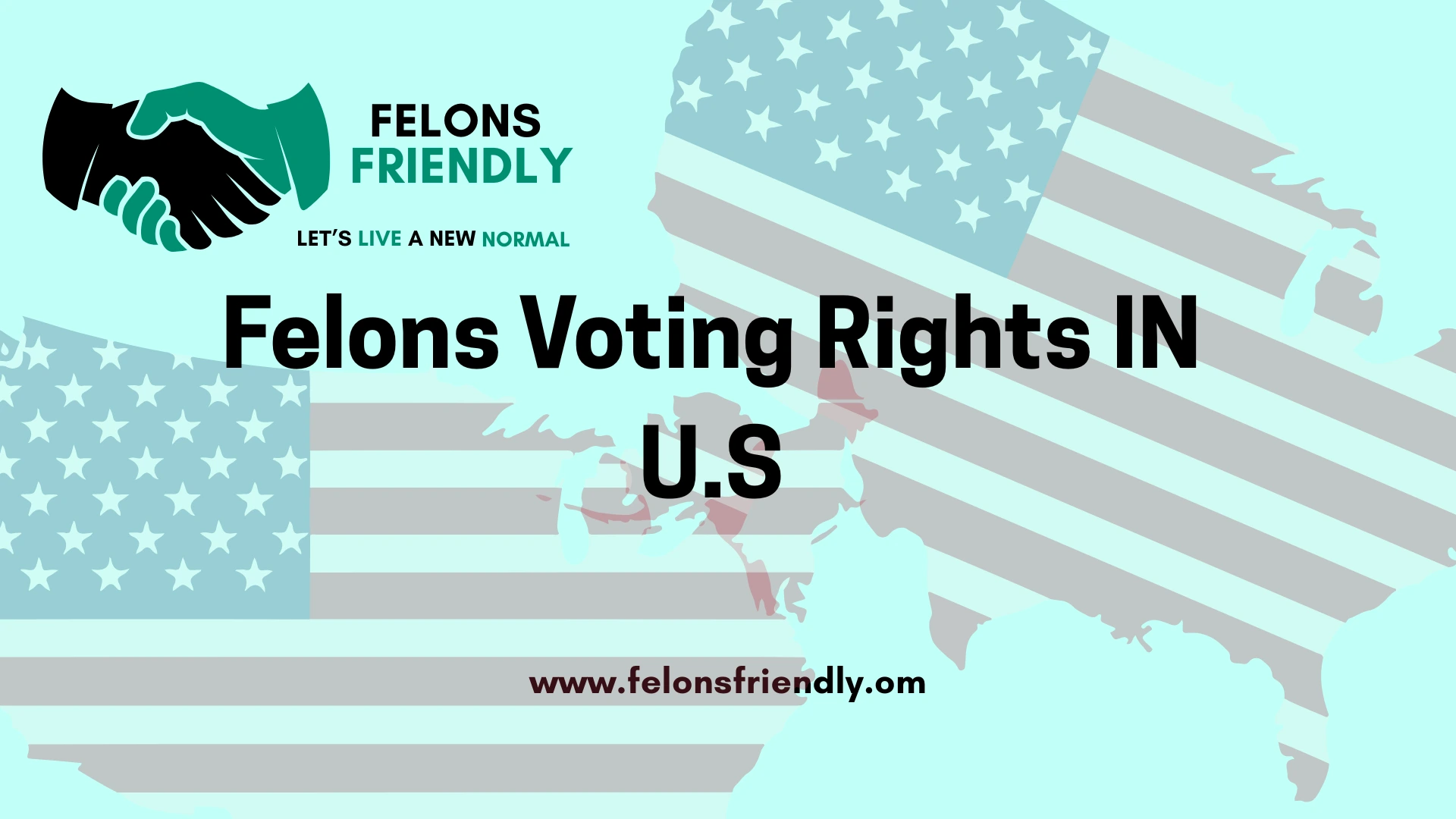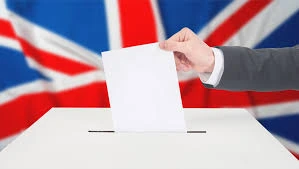Felons Voting Rights in the United States: A Comprehensive Guide
The debate over felons voting rights in the United States is more than just a legal issue—it’s a question of democracy, redemption, and civil equality. With over 19 million Americans bearing felony convictions, the right to vote has become a pivotal topic in criminal justice reform.
While some states extend voting access to individuals with past convictions, others enforce strict disenfranchisement policies that limit or permanently revoke this fundamental right. As the nation continues to examine the relationship between citizenship and incarceration, understanding where and how felons can vote—and why this matters—is essential for shaping a more inclusive and representative democracy.
Felons Voting Rights
Voting is one of the most fundamental rights in a democratic society. However, for many individuals with felony convictions, this right can be complicated, contested, or completely inaccessible.
This comprehensive article explores the intricate landscape of felons voting rights across the United States. Using common queries like “Can felons vote in federal elections?” and “What states can felons vote?”, we aim to provide clarity, compassion, and factual guidance on a topic that sits at the intersection of law, civil rights, and social justice.
Can Felons Vote in the United States?
The answer to this question is both simple and complex: It depends on the state. The United States does not have a uniform federal law that dictates felon voting rights. Instead, individual states determine if, when, and how individuals with felony convictions can regain their right to vote. This leads to a patchwork of policies that vary significantly from one state to another.
Can Felons Vote in Federal Elections?
Since federal elections—such as voting for the President, Senators, and Representatives—are administered by states, felon disenfranchisement applies equally to federal, state, and local elections. This means that if a person is barred from voting in their state due to a felony conviction, they also cannot vote in federal elections.
Thus, the question “can felons vote in federal elections?” hinges entirely on state law.
What States Can Felons Vote?
Laws across the U.S. vary, but states generally fall into four categories:
- Unrestricted Rights – Felons never lose their voting rights, even while incarcerated:
- Maine
- Vermont
- District of Columbia
- Automatic Restoration After Release – Voting rights are restored automatically upon release from prison:
- Examples: Colorado, Illinois, Indiana, Maryland, New Jersey, New York
- Restoration After Parole or Probation – Individuals must complete their entire sentence, including parole and probation:
- Examples: Florida, Texas, Georgia
- Discretionary Restoration – Rights are restored only after an application process or executive clemency:
- Examples: Iowa, Kentucky, Virginia
The map of what states allow felons to vote changes frequently due to legislative changes and executive orders.
Can Felons Vote for President?
Just like in federal elections, felons can only vote for president if their state permits them to vote. There’s no special carve-out that allows a felon to vote in presidential elections while being barred from state elections. Therefore, if someone cannot vote in their state, they cannot vote for the President either.
Can felons vote in the United States?
Yes, felons can vote in the United States, but voting rights for convicted felons vary by state. Here’s a general breakdown:
- 2 states (Maine and Vermont) allow voting even while incarcerated.
- 21 states automatically restore voting rights after prison release.
- 16 states restore rights after prison, parole, and/or probation.
- 11 states impose additional requirements or wait periods for restoring voting rights.
This patchwork system means a felon’s right to vote in the U.S. can vary dramatically depending on their state of residence and criminal history.
How Many States Let Felons Vote?
As of the latest updates:
- 21 states automatically restore voting rights upon release from prison.
- 16 states require parole and/or probation to be completed before rights are restored.
- 11 states have more restrictive or discretionary processes.
- 2 states (Maine and Vermont) never revoke voting rights, even during incarceration.
Therefore, in total, 38 states allow some form of automatic or eventual restoration of voting rights to felons.
Can Felons Vote in California?
Yes, felons in California can vote, but with some stipulations:
- Individuals on parole could not vote until 2020.
- However, Proposition 17, passed in 2020, restored voting rights to people on parole.
Now, if you are not currently incarcerated in a state or federal prison, you can vote in California—even if you’re on parole, probation, or county jail.

Can Felons Vote in Maine?
Yes. Maine has one of the most progressive felon voting laws in the country.
- Felons never lose their right to vote, regardless of their incarceration status.
- Incarcerated individuals can vote by absentee ballot.
Maine stands as a strong example of inclusive democracy, viewing the right to vote as a universal civil right.
How many states let felons vote?
Currently, 48 states and the District of Columbia allow felons to vote at some point after their conviction. Only Iowa and Kentucky have more restrictive laws, requiring individuals to petition the governor for rights restoration after completing their sentence.
Here’s a quick snapshot:
| Category | Number of States | Examples |
|---|---|---|
| Voting rights retained during incarceration | 2 | Maine, Vermont |
| Voting rights restored automatically post-release | 21 | Colorado, Illinois, New York |
| Voting rights restored after prison + parole/probation | 16 | Texas, Georgia, North Carolina |
| Require governor action to restore rights | 11 | Florida, Iowa, Kentucky |
These differences underscore the need for nationwide clarity on felons’ voting rights.
Why Should Felons Be Allowed to Vote? Essay
1. Democratic Inclusion
Disenfranchisement undermines the democratic principle of universal suffrage. People who have served their time should have a second chance at full civic participation.
2. Rehabilitation and Reintegration
Allowing felons to vote promotes a sense of belonging and responsibility. It supports their reintegration into society and reduces the likelihood of recidivism.
3. Disproportionate Impact on Communities of Color
Felon disenfranchisement laws often disproportionately affect Black and Latino communities, leading to systemic suppression of minority voices in elections.
4. Taxation Without Representation
Many formerly incarcerated individuals pay taxes, work, and contribute to their communities. Denying them the right to vote is a form of taxation without representation.
5. Second Chances Are a Core American Value
America believes in redemption. Allowing people with convictions to vote aligns with broader efforts at restorative justice and criminal justice reform.
The Broader Impact of Felon Disenfranchisement
1. Mass Incarceration and Civil Rights
The U.S. has one of the highest incarceration rates in the world. Felon disenfranchisement laws contribute to a secondary punishment system, where citizens continue to lose rights long after serving their sentence.
2. Voter Suppression by Another Name
Critics argue that felon voting bans are modern tools of voter suppression, especially when laws make it difficult or confusing for individuals to restore their rights.
3. Economic Consequences
Civic exclusion often correlates with reduced access to housing, education, and employment. This social exclusion makes reentry into society much harder.
Eviction, Employment, and Civic Exclusion: The Domino Effect
A felony conviction doesn’t just affect voting rights. Many face eviction from public housing, disqualification from jobs, and reduced access to social services. All of these factors increase the risk of reoffending and make civic participation even more elusive.
Re-enfranchisement—granting the right to vote back to felons—is not just a legal issue. It’s a human rights issue, and a social justice imperative.
Reforms and the Path Forward
There is a growing bipartisan movement across the United States to reconsider and reform felon disenfranchisement laws. Organizations like the ACLU, NAACP, and local activist groups continue to advocate for:
- Automatic restoration of voting rights upon release
- Transparency in eligibility requirements
- Public education campaigns to inform returning citizens of their rights
Final Thoughts: A Second Chance at Democracy
Felons voting rights should not be viewed through a punitive lens but as part of a broader effort toward restorative justice. Voting is not a privilege; it’s a right—one that should not be stripped indefinitely by past mistakes.
To deny someone the right to vote is to deny their voice in a society they are part of. As Americans continue to grapple with justice reform, understanding and improving felons’ access to the ballot box must be central to that mission.
Key Takeaway: If we are serious about building a fair and inclusive democracy, we must ensure that all citizens—including those with past convictions—have a path to reclaim their full rights and participate in shaping our collective future.
Frequently Asked Questions (FAQ)
Can felons vote in the United States?
Yes, depending on state law.
Can felons vote for president?
Only if state law allows them to vote in elections.
What states can felons vote?
Varies widely. Maine and Vermont allow voting even in prison
Can felons vote in federal elections?
Only if permitted under state law.
Can felons vote in California?
Yes, if not currently incarcerated in state or federal prison
How many states let felons vote?
At least 38 states offer some path to voting restoration
Is Donald Trump a convicted felon?
In January 2025, Donald Trump was convicted on 34 felony counts of falsifying business records.
What is a felon?
A felon is an individual who has been convicted of a felony, which is a serious crime typically punishable by more than one year in prison. Felonies differ from misdemeanors in terms of severity, legal implications, and civil rights restrictions—including the right to vote, own firearms, and serve on a jury.
Common types of felonies include violent crimes (e.g., assault, robbery), drug trafficking, and white-collar offenses like fraud or embezzlement. Once someone is labeled a felon, their civil liberties can be affected for years—even after serving their sentence.
Can a convicted felon run for U.S. President?
Yes, a felony conviction does not disqualify someone from running for president. The U.S. Constitution sets only three requirements to run for president:
Must be a natural-born citizen,
At least 35 years old,
A resident in the U.S. for 14 years.
There is no constitutional restriction regarding criminal convictions. Therefore, someone like Donald Trump, even with multiple felony convictions, remains legally eligible to campaign and serve as President if elected.
Can felons vote in federal elections?
It depends on the state. Some states allow felons to vote after completing their sentence, while others may have more restrictive laws.
Can felons vote in California?
Yes. In California, individuals with felony convictions can vote after completing their prison term.
Why should felons be allowed to vote?
Advocates argue that restoring voting rights to felons supports reintegration into society and upholds democratic principles.
Can a convicted felon obtain a U.S. passport?
Generally, yes. However, certain convictions, such as drug trafficking, may disqualify an individual from obtaining a passport.
Can a convicted felon travel to Australia?
Entry into Australia for individuals with felony convictions depends on the nature of the crime and the time elapsed since the conviction.
Can a convicted felon own a gun?
Under federal law, individuals convicted of felonies are generally prohibited from possessing firearms.
Can a convicted felon become a police officer?
Typically, felony convictions disqualify individuals from becoming police officers, but regulations can vary by jurisdiction.
Can a convicted felon become a lawyer?
It depends on the state’s bar admission requirements. Some states may allow it after a thorough review of the individual’s rehabilitation.
Can a convicted felon serve on a jury?
Many states prohibit felons from serving on juries, but some restore this right after certain conditions are met.
Can a convicted felon receive food stamps?
Eligibility varies by state and the nature of the conviction. Some states have restrictions, particularly for drug-related offenses.
Can a convicted felon leave the United States?
Generally, yes, but certain convictions may result in travel restrictions or denial of entry by other countries.
Can a convicted felon own a shotgun?
Federal law prohibits felons from owning any firearms, including shotguns, unless their rights have been restored.
Can a convicted felon serve in the military?
Felony convictions can disqualify individuals from military service, but waivers may be available in some cases
Can a convicted felon run for U.S. president?
A: Yes. The U.S. Constitution does not bar felons from running for president
Can felons vote for president?
Yes, if their state allows them to vote. Voting rights for felons are governed by state law.
What states can felons vote?
States like Maine and Vermont allow felons to vote even while incarcerated. Other states have varying policies on restoring voting rights.
How many felons are there in the U.S.?
Estimates vary, but millions of Americans have felony convictions, impacting their civil rights depending on state laws.
Why can’t felons own guns?
Federal law prohibits felons from owning firearms to enhance public safety and reduce crime.
What restrictions do felons have?
Felons may face restrictions on voting, firearm ownership, employment opportunities, and jury service, among others, depending on state and federal laws.


